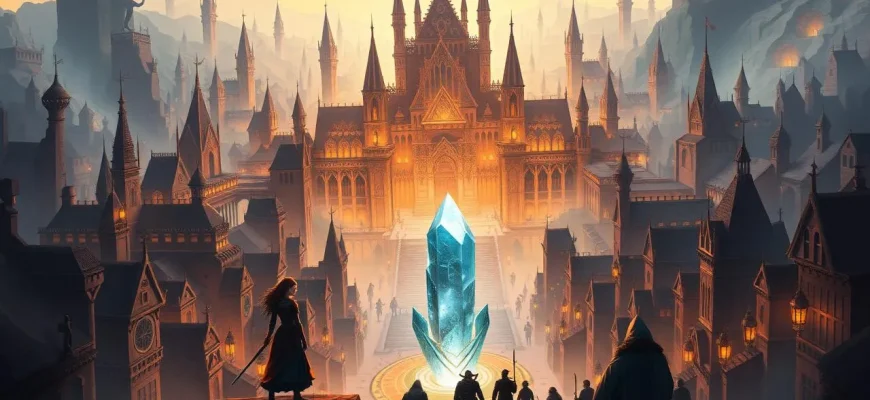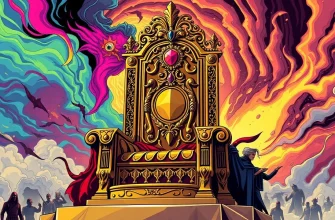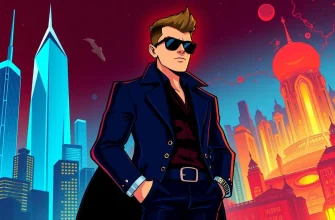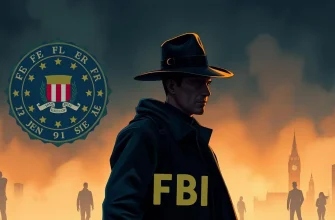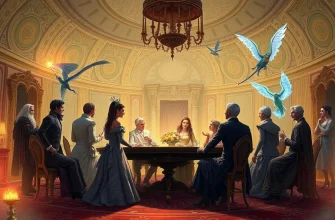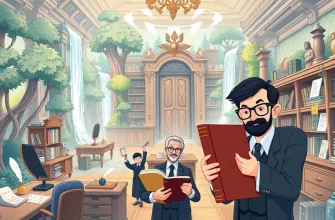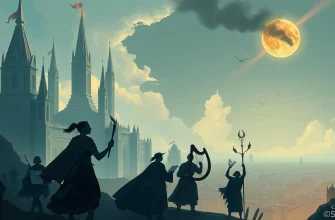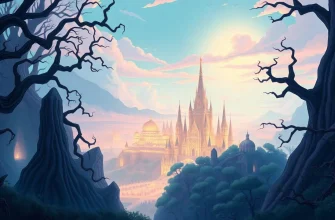Fantasy films often provide a canvas for exploring complex themes in a way that's both engaging and thought-provoking. This curated list of 10 fantasy films delves into the chilling world of totalitarianism, where magic, myth, and dystopian control intertwine. Each film offers a unique perspective on the dangers of absolute power, the fight for freedom, and the resilience of the human spirit. Whether you're a fan of fantasy or simply intrigued by political allegories, these films are sure to captivate and inspire reflection on the nature of power and control.
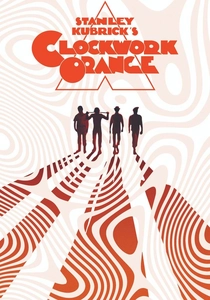
A Clockwork Orange (1971)
Description: This film delves into themes of free will, violence, and state control, with a dystopian setting where the government uses extreme measures to control behavior.
Fact: Stanley Kubrick withdrew the film from UK cinemas due to copycat violence concerns.
 Watch Now
Watch Now
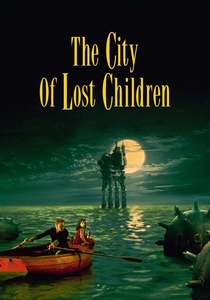
The City of Lost Children (1995)
Description: A visually stunning film where a mad scientist steals children's dreams, symbolizing the theft of innocence and control over the future.
Fact: The film was co-directed by Jean-Pierre Jeunet and Marc Caro, known for their unique visual style.
 Watch Now
Watch Now

The Matrix (1999)
Description: While not explicitly about totalitarianism, the film explores themes of control, reality, and rebellion against an oppressive system.
Fact: The Wachowskis drew inspiration from various philosophical and religious texts, including Plato's Allegory of the Cave.
 Watch Now
Watch Now

Equilibrium (2002)
Description: In a world where emotions are outlawed, a law enforcement officer begins to question the regime's control. The film's aesthetic and themes echo the oppressive nature of totalitarian states.
Fact: The film was shot in Berlin, which adds a historical layer to its depiction of totalitarian control.
 Watch Now
Watch Now
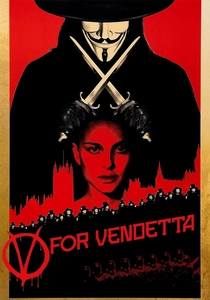
V for Vendetta (2005)
Description: Set in a future where Britain is ruled by a fascist regime, a masked vigilante known as V fights for freedom. It's a powerful allegory for resistance against tyranny.
Fact: The film's iconic mask has become a symbol of protest movements worldwide.
 Watch Now
Watch Now
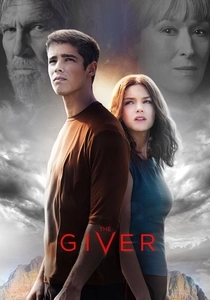
The Giver (2014)
Description: In a seemingly utopian society, a young man discovers the dark secrets behind its perfection, highlighting the dangers of a society without individuality or emotions.
Fact: The film was adapted from Lois Lowry's novel, which has been banned in some schools for its themes.
 Watch Now
Watch Now
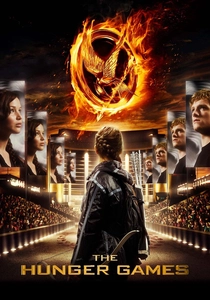
The Hunger Games (2012)
Description: In a dystopian future, the Capitol controls the districts through an annual event where children fight to the death. This film brilliantly showcases the oppressive regime and the fight for freedom.
Fact: The film's arena was inspired by the Colosseum in Rome, symbolizing the Capitol's control over life and death.
 Watch Now
Watch Now
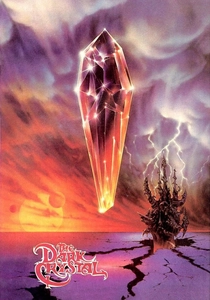
The Dark Crystal (1982)
Description: In a world where the Skeksis rule with an iron fist, a Gelfling embarks on a quest to restore balance, reflecting themes of oppression and resistance.
Fact: Jim Henson's vision for the film was to create a dark, adult fantasy, which was quite different from his usual work.
 30 Days Free
30 Days Free

Brazil (1985)
Description: A surreal, dystopian satire where bureaucracy and totalitarian control stifle individuality and freedom.
Fact: The film's title refers to the song "Aquarela do Brasil," symbolizing a dream of escape from the oppressive reality.
 30 Days Free
30 Days Free
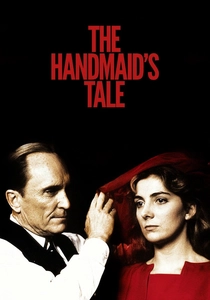
The Handmaid's Tale (1990)
Description: In a theocratic totalitarian society, women are stripped of their rights and used for reproduction, highlighting extreme control over personal freedoms.
Fact: The film was adapted from Margaret Atwood's novel, which has gained renewed interest in recent years.
 30 Days Free
30 Days Free

